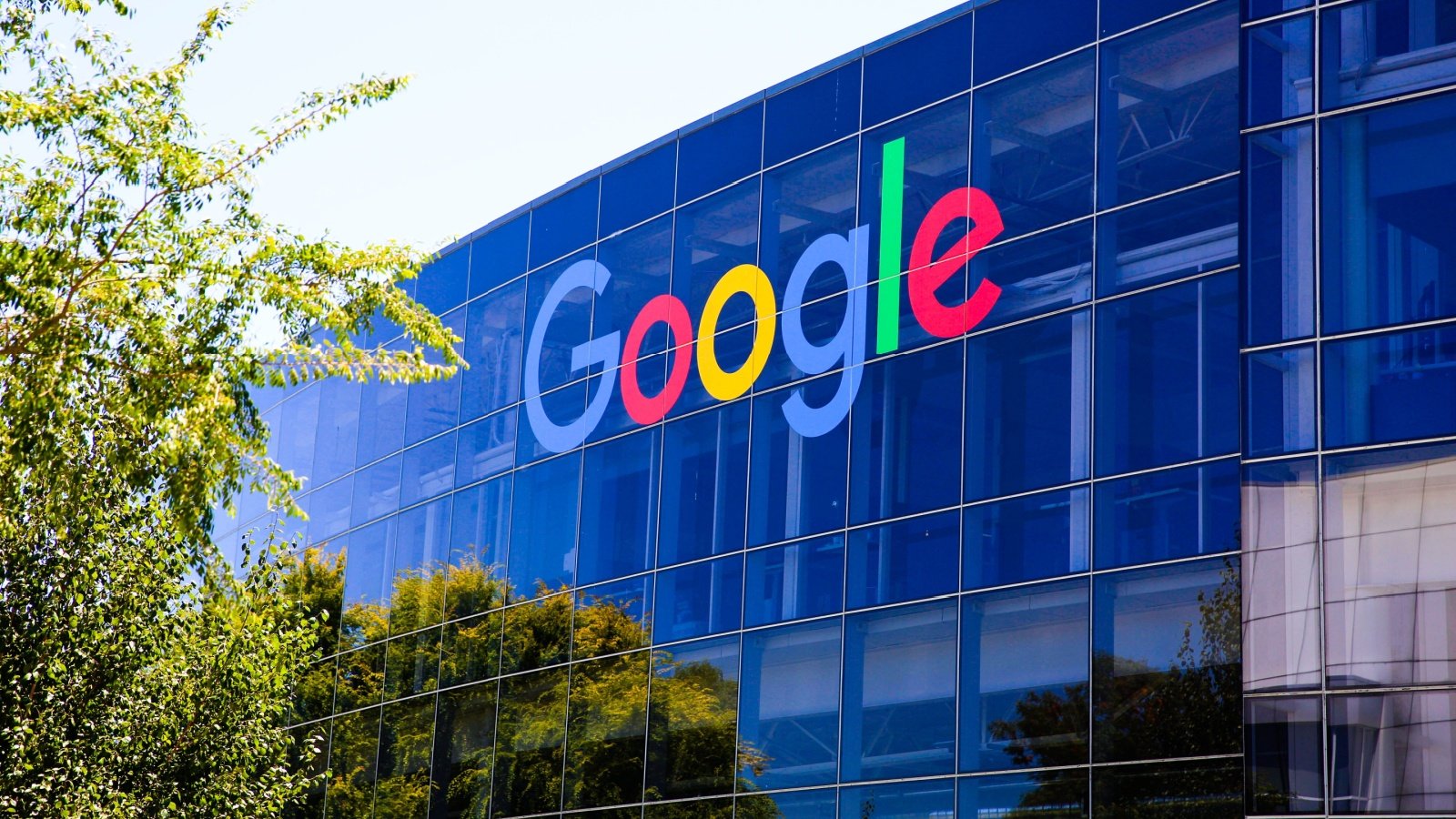Google has recently come to a significant settlement concerning its handling of data collected during private browsing sessions. This resolution follows a class-action lawsuit that accused the tech giant of tracking users in a manner that violated their expectations of privacy while browsing in incognito mode.
Allegations Against Google

The lawsuit brought to light allegations that Google had been improperly monitoring users’ activities during sessions that were meant to be private. Users believed their browsing data would remain undisclosed and untracked during these sessions, a belief that the lawsuit claimed Google betrayed.
Terms of the Settlement

In a move to settle the accusations, Google has consented to delete “billions of records” of data it collected from users who thought they were browsing privately. This decision is a part of a broader agreement reached to resolve the class-action lawsuit filed against the company.
Changes to Incognito Mode Disclosures

One key aspect of the settlement is Google’s commitment to alter the disclosures presented to users when they initiate an incognito browsing session. According to documents filed with the court, these revised disclosures will now more accurately inform users about the data collection practices during these private browsing sessions.
Blocking Third-Party Cookies

An additional measure included in the settlement is Google’s agreement to allow users of its incognito mode to block third-party cookies. This feature will be available for the next five years, providing users with more control over their online privacy.
Historic Significance of the Settlement

The lawyers representing the plaintiffs in the lawsuit have described the settlement as a historic step forward. They emphasized its importance in forcing major technology companies to be transparent about their data collection and usage practices, and in making amends for data that was collected under misleading pretenses.
Google’s Response to the Settlement

Google’s spokesperson, José Castañeda, offered a statement on the settlement, highlighting that it does not involve any financial payout from Google. This aspect of the settlement was noted as particularly noteworthy, given the plaintiffs’ initial demand for $5 billion in damages.
Financial Aspects of the Settlement

Castañeda’s statement pointed out the absence of a financial component in the settlement agreement. He stressed that the lawsuit, which Google viewed as baseless, concluded without the plaintiffs receiving the substantial financial compensation they sought.
Right to Sue for Damages

Despite the settlement not including a financial payout from Google, it leaves the door open for individuals to pursue their legal claims for damages. This provision ensures that users who feel aggrieved by Google’s practices can still seek redress through the courts.
Google’s Stance on Data Privacy

In his statement, Castañeda also addressed the core issue of data privacy and Google’s practices. He reiterated the company’s stance that data collected during incognito mode sessions is not associated with individual users.
Deletion of Technical Data

Part of Google’s commitment under the settlement is the deletion of outdated technical data that was collected through incognito mode but never linked to any individual user. This data, according to Google, was also never utilized for personalizing user experiences.
The Implications of the Settlement

This settlement marks a significant moment in the ongoing discussion about privacy, data collection, and the responsibilities of tech giants like Google. It underscores the importance of transparency and user consent in the digital age.
Moving Forward

As Google makes the necessary changes to its incognito mode disclosures and implements the ability to block third-party cookies, the tech industry and its observers will be watching closely. This settlement could set precedents for how privacy concerns are addressed in the future.
Agreement Reached

Google’s agreement to destroy billions of data records and revise its privacy disclosures represents a notable shift towards greater transparency and user control over personal data.








